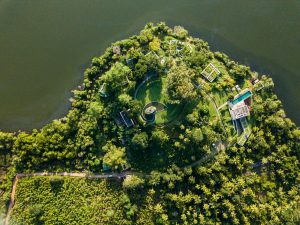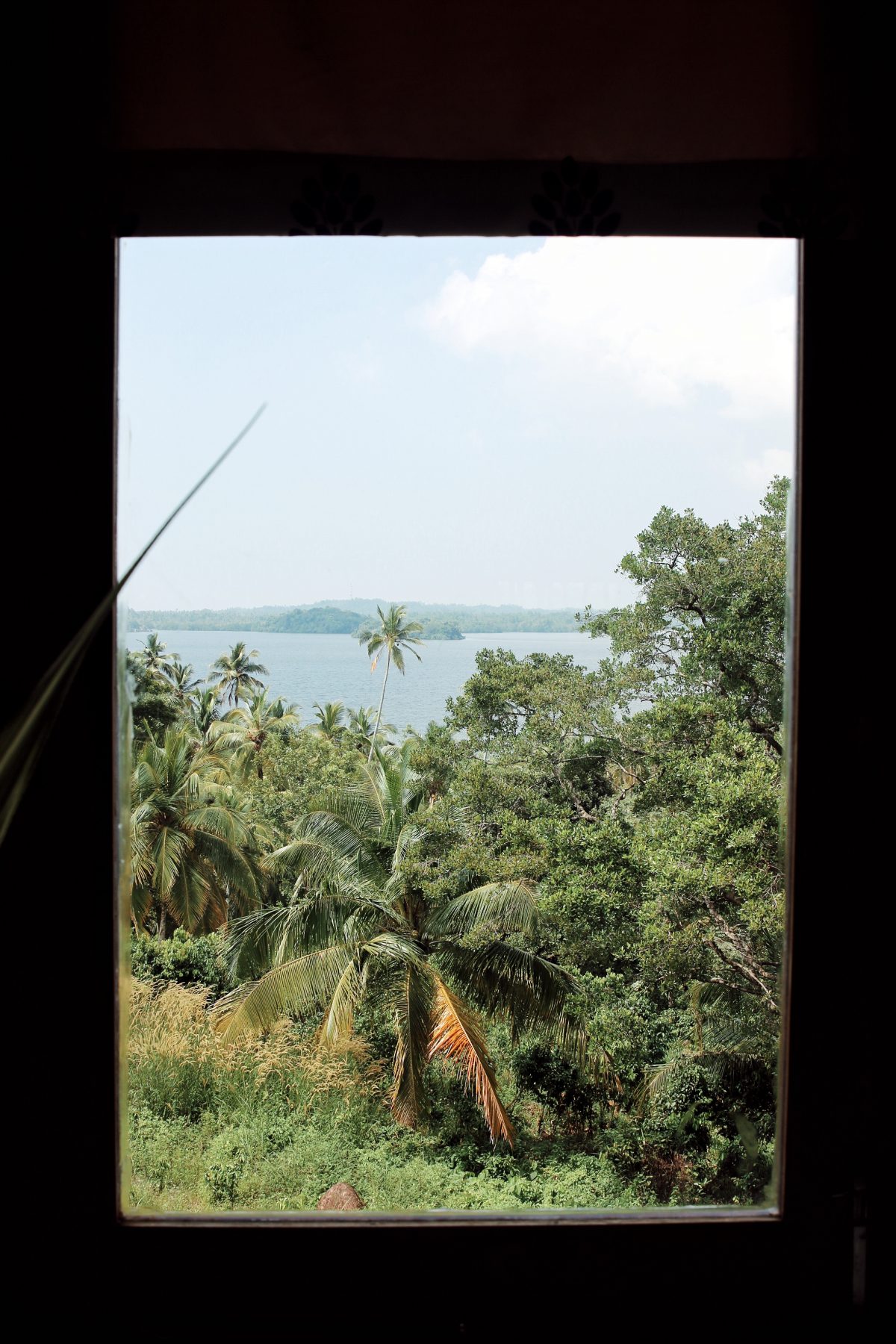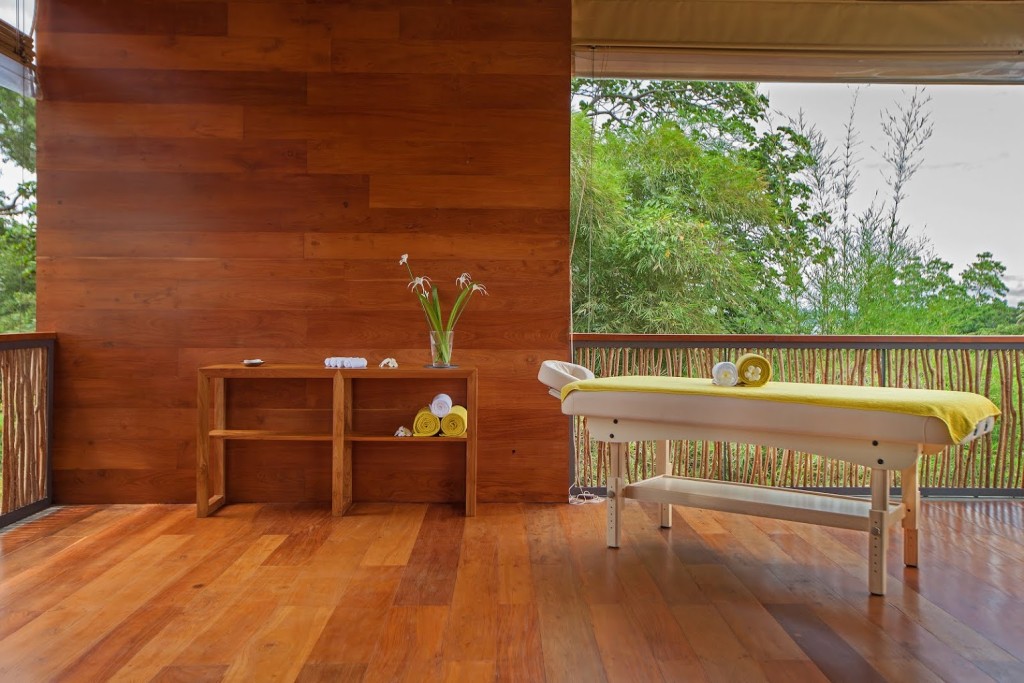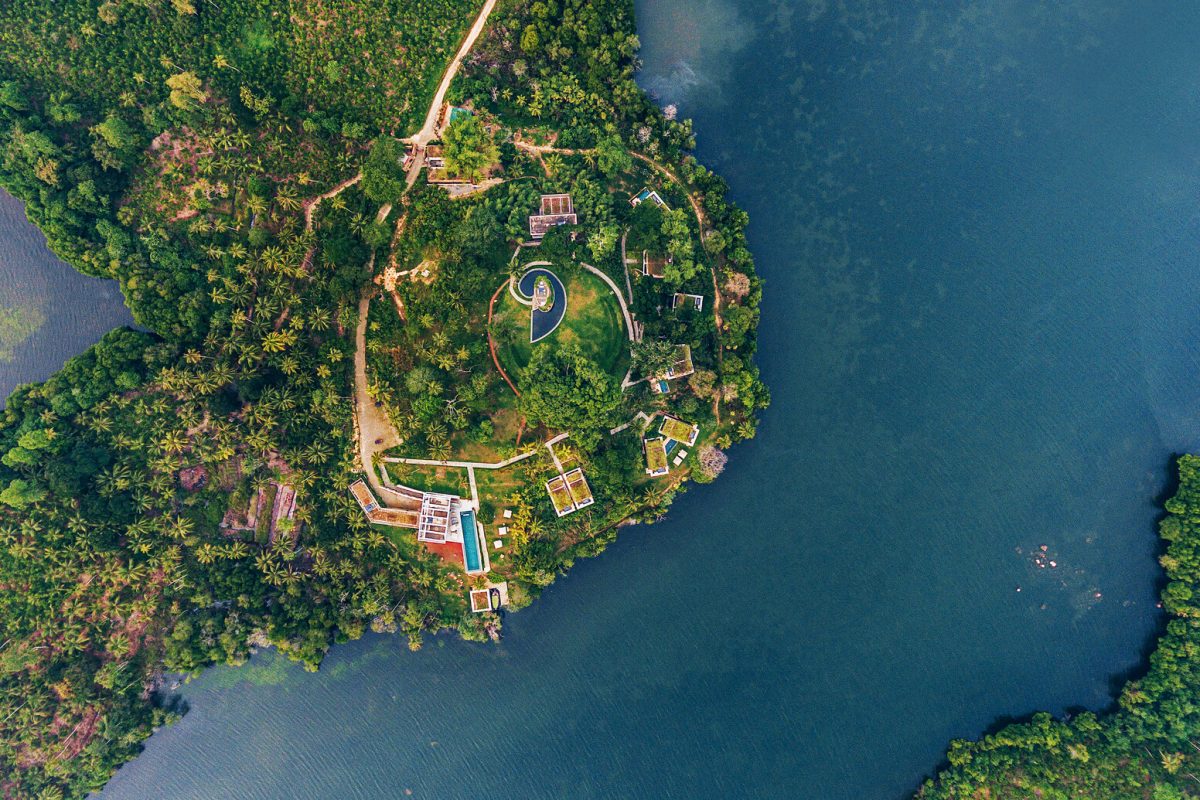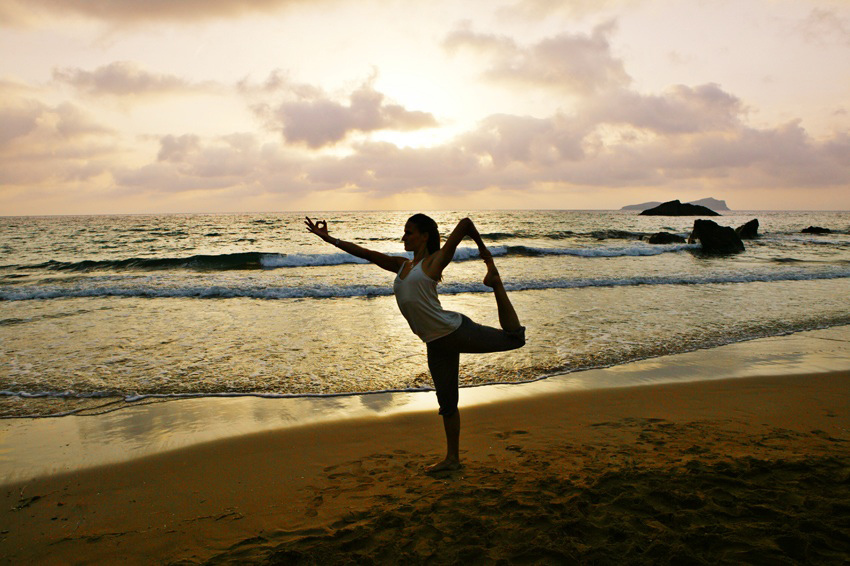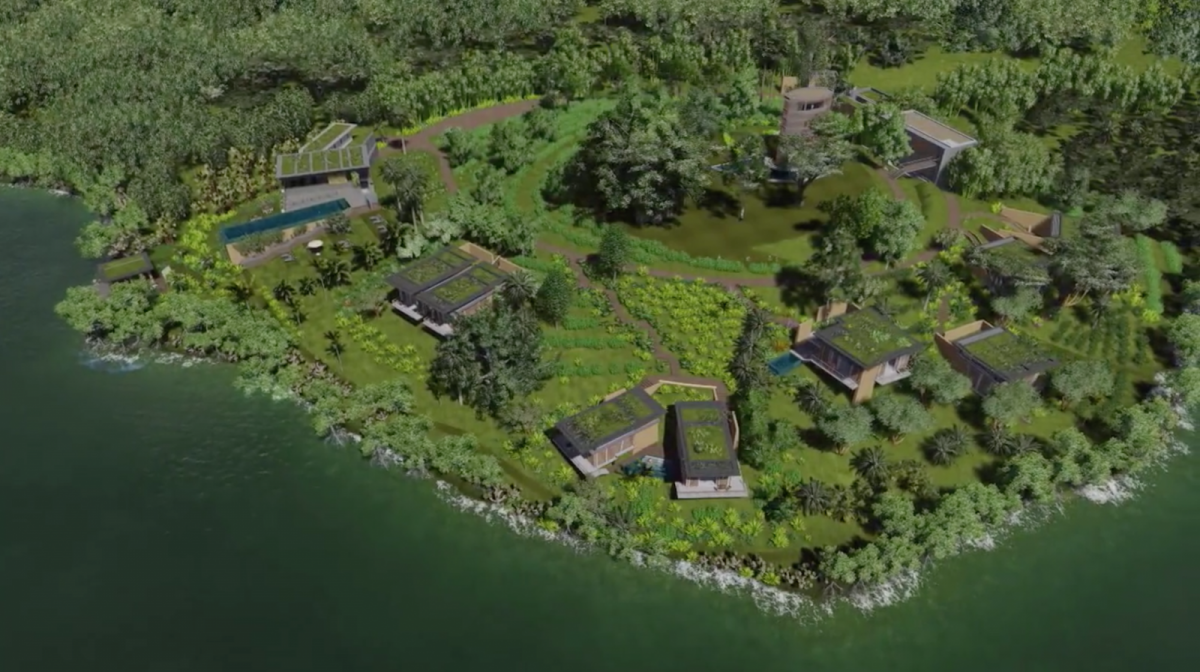What’s the first thing you do when you wake up in the morning? Chances are you’re scrolling through digital devices before your brain has had a chance to process you’re even awake. Here at Tri, it’s easy to switch off from the modern world as you wake every morning with only the sounds of chirping birds and swaying palm trees for company. However, it’s no secret that we’ve all been a slave to our smartphone at one point or another.
Studies have shown that the average person reaches for their phone a whopping 200 times a day – that’s once every six and a half minutes. One in four of us are spending more time online than we do asleep. Now, don’t get us wrong – technology is a wonderful thing – but where’s the limit? We’re constantly faced with warnings that too much digital exposure could be damaging our memory, concentration, productivity, mental health, and ultimately disconnecting us from the real world. Think it’s time to do something about it? Read on for five helpful tips on how to switch off.
TAKE TECHNOLOGY OUT OF THE BEDROOM
This first one is easy: leave digital devices outside the bedroom. Experts have found that the light from our phones inhibits the production of melatonin, which is vital for getting to sleep. Instead of spending the time before bed aimlessly scanning the internet, invest in a good book or a diary to reflect on the day gone by. For the morning, buy a traditional alarm clock, or leave your curtains open to let yourself wake naturally to the morning light, just like we do here at Tri. You’ll wake feeling more refreshed and ready to conquer the day ahead.
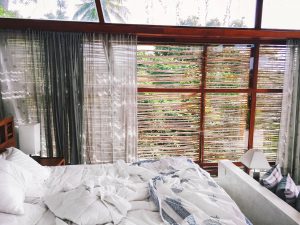
GIVE YOURSELF AN ALLOWANCE
A digital detox doesn’t mean you have to put down your phone for good: set yourself an allowance, whether this be a dedicated social media hour, no emails after 6pm or phones away at the dinner table. You’re more likely to stick to it if you allow yourself access in small doses, and you’ll find yourself interacting much more with the people and places around you in your dedicated anti-digital hours.
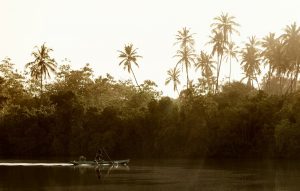
FIND A NEW HOBBY
A digital detox is the perfect opportunity to start a new hobby – join your local art class, take up yoga or learn a new language. The time you’re putting into your new passion is time spent away from the digital world, and who knows – you might just discover a new talent!
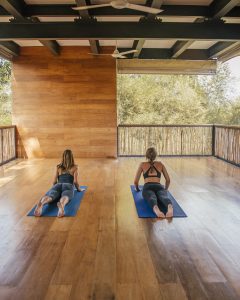
SLASH YOUR SOCIAL MEDIA INTAKE
We all know how easy it is to fall into an Instagram hole, liking travel snap after travel snap (and building up an impressive must-visit list at the same time). So much of the digital world is smoke and mirrors, not real life, and stepping away from social media can do wonders for our self-esteem. Why not make social media apps only accessible via desktop, or only when you have access to WiFi? You’ll have significantly less access to the sites and more time to appreciate your real life.

TAKE A DIGITAL DETOX HOLIDAY
If you want to truly zone out, why not take a digital detox holiday? Switch off for an entire week and just enjoy beautiful natural surroundings, delicious food and the company of your travel companion. Our serene lakeside location makes Tri the perfect spot to get away from the hustle and bustle of daily life, whether you want to explore verdant Koggala Lake, pamper yourself in the spa, perfect the art of yoga or simply just lie by the pool. What are you waiting for?
